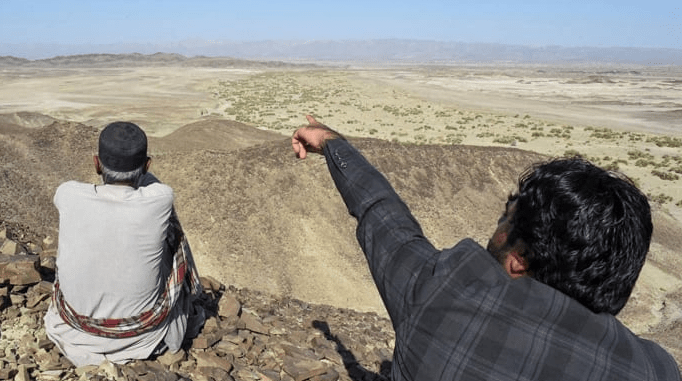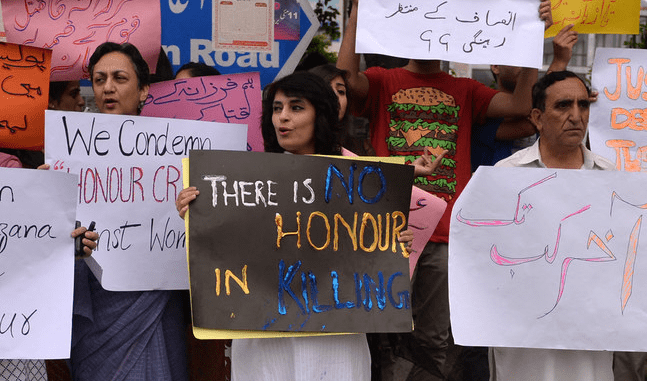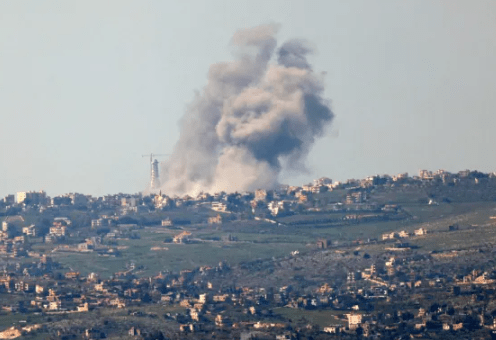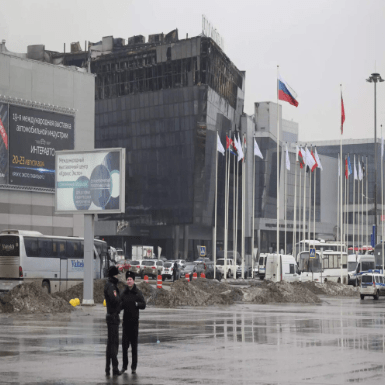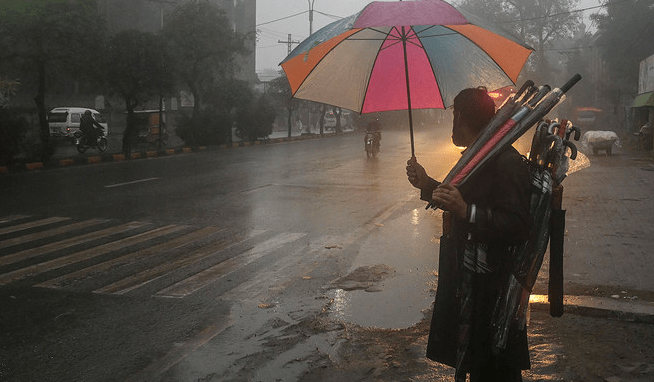Quad condemns Pathankot and the 26/11 terrorist attacks.
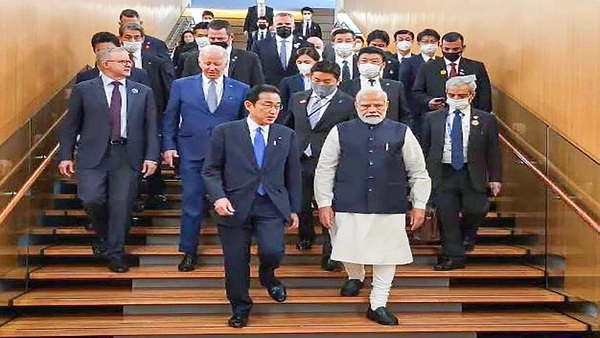
The US President, PM Modi, and their respective leaders from Australia and Japan met outside of the G7 Summit in Hiroshima. On Saturday in Hiroshima, Japan, Prime Minister Narendra Modi will attend the third in-person Quad Leaders’ Summit with Japanese Prime Minister Fumio Kishida, Australian Prime Minister Anthony Albanese, and US President Joe Biden. The Quad leaders condemned terrorism and violent extremism in all of its manifestations, including cross-border terrorism, on Saturday. They also restated their condemnation of the 26/11 terrorist atrocities in Mumbai and Pathankot. On the sidelines of the G7 Summit in Hiroshima, Prime Minister Narendra Modi met with his counterparts from Australia and Japan, Anthony Albanese and Fumio Kishida, as well as US President Joe Biden. They pledged to work with their regional allies to improve their ability to prevent, identify, and respond to threats posed by terrorism and violent extremism in accordance with international law.
“We are dedicated to cooperating to further the prosecution of those responsible for such terrorist crimes. In a joint statement, the Quad leaders reaffirmed their condemnation of terrorist atrocities, particularly the 26/11 assaults in Mumbai and Pathankot, and their commitment to seek designations by the UN Security Council 1267 Sanctions Committee if necessary.
The coalition agreed with India that this “must not be an era of war.” According to them, the Quad promotes observance of international law, amicable conflict settlement, and respect for the territorial integrity and sovereignty of all governments.
In order to strengthen their cooperation in important areas like telecommunications, including 5G and 6G, critical and emerging technology standards, cybersecurity, including joint principles for secure software, and clean energy supply chains in the Indo-Pacific, the Quad Leaders Summit unveiled a number of new initiatives. Even though it was not explicitly mentioned, the majority of these activities attempted to check China’s expanding influence in the area.
The Quad has established itself as a “important platform” for Indo-Pacific peace, stability, and development, according to Modi, who gave the meeting’s broadcast opening comments. He said that the organization is working more closely together in crucial sectors including counterterrorism, maritime security, disaster management, health security, and strategic technology.
“The Indo-Pacific area is without a doubt the driving force behind global commerce, innovation, and progress. We both agree that the Indo-Pacific’s stability and prosperity are crucial for both our region and the rest of the globe, Modi added in Hindi. “We are advancing with an agenda that is positive and founded on shared democratic ideals. We are giving our goal a concrete dimension via our collaborative efforts, he said, noting that India will host the next Quad Leaders Summit in 2024.
The Quad’s primary goal is to steadily increase, broaden, and consolidate the effect of its collective operations, especially with a view to safeguarding underwater cables against potential Chinese attack. The joint statement stated: “We desire a region where no nation dominates and no country is dominated – one where all countries are free from coercion and can exercise their agency to decide their destinies. This seems to be a reference to China’s rising aggressiveness across the Indo-Pacific. This one aim unites our four nations. According to Albanese, the Quad members are united in their support of an Indo-Pacific region that is open, stable, safe, and wealthy, where “sovereignty is respected and all countries, large and small, benefit from a regional balance that keeps the peace.”
Kishida said that the Quad is dedicated to “cooperation and not division and confrontation” and that Asean, South Asia, and Pacific Island governments are necessary to realize the goal of a free and open Indo-Pacific. According to Biden, the Quad will demonstrate the ability of democracies to fulfill their obligations to a shared territory while advancing the objective of a free, open, and safe region.
After the first plan to conduct the Quad Leaders Summit in Sydney on May 24 fell through owing to Biden canceling a planned visit to Australia due to a debt limit issue in the US, it was hastily scheduled in Hiroshima. The four nations expressed “deep concern over the war raging in Ukraine and mourn its terrible and tragic humanitarian consequences,” according to a joint statement released after the summit. The statement also acknowledged the conflict’s “serious impacts on the global economic system, including on food, fuel, and energy security, and critical supply chains.”
“We remain committed to dialogue and diplomacy, aware that this must not be a time of war,” the statement said. We are in favor of an all-encompassing, just, and durable peace that complies with the UN Charter. We both agree that using or threatening to use nuclear weapons is unacceptable and serious in this situation.
According to the statement, the Quad members will also keep providing humanitarian help to Ukraine as it recovers.
Biden emphasized the summit’s accomplishments, particularly in the areas of safe communications, underground cables, infrastructure, and sustainable energy. The Indo-Pacific region “will write a significant portion of the future of our world, and together we are going to ensure that the future provides more opportunity, prosperity, and stability,” he added.
The “Quad Leaders’ Vision Statement – Enduring Partners for the Indo-Pacific”, which outlines their ethical stance in this environment, was published by the Quad leaders after they reaffirmed the significance of respecting the values of sovereignty, territorial integrity, and peaceful conflict settlement.
The clean energy supply chains effort will speed up research and development while assisting the energy transition in the Indo-Pacific region. The Quad agreed guiding guidelines for interaction with the area for the creation of supply chains for sustainable energy.
The Quad will assist with the development of Palau’s small-scale open radio access network (O-RAN), the first of its kind in the Pacific. In an apparent effort to challenge China’s dominance in this area, the Quad also produced an ORAN security assessment to stimulate sector investment in open, interoperable, and secure telecommunications technologies.
The Partnership for Cable Connectivity and Resilience will take advantage of Quad’s collective expertise in design, manufacturing, laying, and maintaining undersea cables to secure and diversify these crucial networks, while the Quad Infrastructure Fellowships Programme will assist policymakers and practitioners in designing, building, and managing sustainable and viable infrastructure in their countries.
As a forum run by the private sector to encourage investments in key technology, the Quad Investors’ Network was established.
The Indo-Pacific Partnership for Maritime Domain Awareness, which was introduced at the Quad leaders’ last meeting in Tokyo in 2022, has also made progress, which the leaders of the Quad appreciated. They said that data sharing under this initiative is already happening with partners in Southeast Asia and the Pacific and will shortly include partners in the Indian Ocean Region.
Modi emphasized the need of advancing the Quad’s positive agenda and producing concrete results for the area. The leaders decided to keep up the pace of the Quad engagement, and Modi extended an invitation to the other leaders to attend the 2024 Quad Summit in India.

